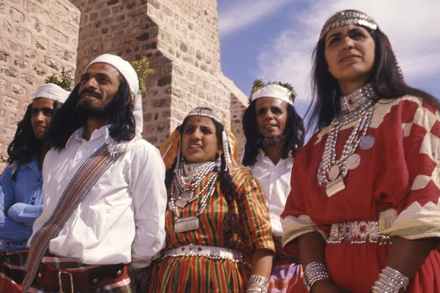How I became Miss World 1970
‘Miss World 1970’ is the rather glorious title that Jennifer Hosten won. That was the year that the contest, then the greatest show on earth, was disrupted by feminist activists, who threw flour bombs at the host, Bob Hope. It is retrospectively called the foundation of the woman’s movement.The immediate trigger was Hope’s gag that




















